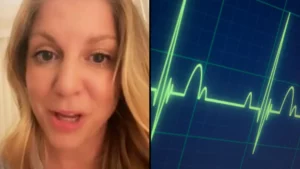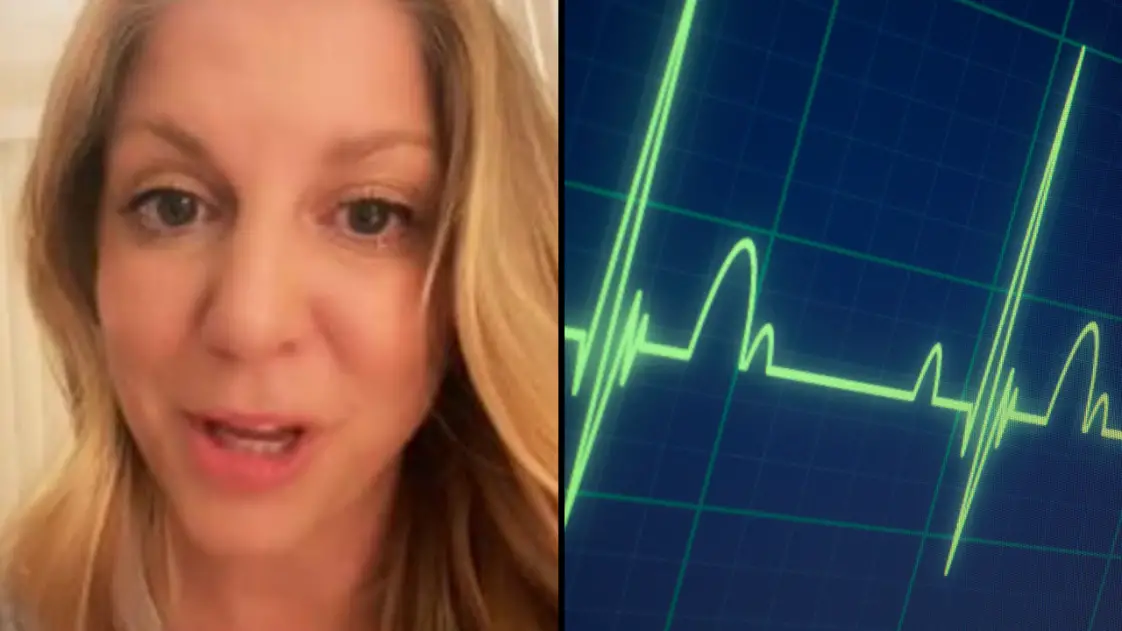by Aimee Walker

Credit: @hospicenursejulie/TikTok & Alamy
A hospice nurse is educating people about the subject of death on social media and recently, she’s revealed what most people say before passing.
Julie, from Los Angeles, California, is a popular content creator on TikTok, where she goes by the username @hospicenursejulie.
Hospice care is a type of health care that focuses on terminally ill patients and is about attending to their emotional and spiritual needs at the end of life.
On the platform, the nurse shares insight into her job, as well as her knowledge from years of experience.
In an interview with The Sun, Julie said: “The best part about my job is educating patients and families about death and dying as well as supporting them emotionally and physically.
Also, helping them to understand what to expect is another part of my job as a hospice nurse.”
The hospice nurse has previously gone viral after describing things that happen to people right before they die.

The hospice nurse has revealed what a lot of people say before dying. Credit: @hospicenursejulie/TikTok
She said that typically, you’ll notice a shift in skin colour, changes in breathing, fever and terminal secretions.
Julie also shared that before people pass away, they’ll usually say ‘I love you’ or ‘call out to their mum or dad – who have usually already died’.
The nurse said it is difficult to generalise what happens when a person dies, as each individual is different.

Elsewhere in her interview with The Sun, Julie opened up about the ‘actively dying phase’, which typically lasts around three days.
She told the outlet: “The symptoms of the actively dying phase include changes in consciousness, changes in breathing, mottling and terminal secretions.”
The hospice nurse explained that these symptoms were ‘normal’ and the patient wouldn’t be experiencing any pain or discomfort.
She said that bodies will take care of themselves in the end-of-life stage and it’s ‘better’ that we don’t ‘intervene’ in any way.
